11 chips from China that prove they live in a parallel universe (11 photos)
China is the pearl of the East, a country with a thousand-year history and incredible culture. One might think that we already know everything about this nation and its inhabitants, but the Chinese continue to surprise us. The Celestial Empire is definitely a different universe. Take a look! 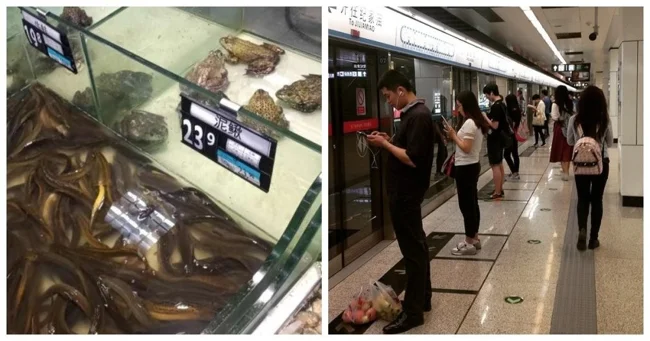
1. Gamers undergo forced rehabilitation 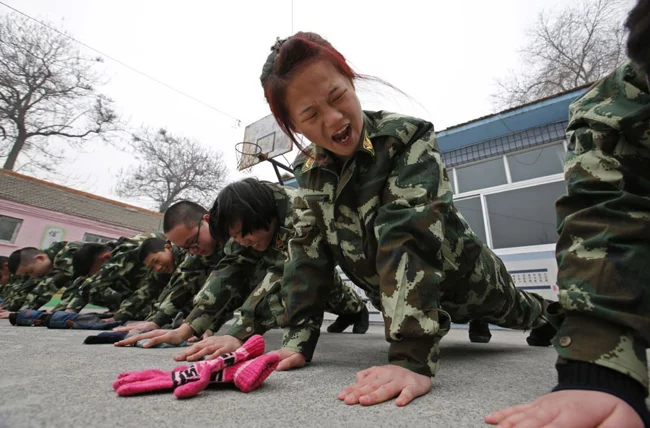
Twitter, Google and game consoles are banned in China. But the number of young Chinese addicted to the Internet is still too high. As a result, camps were built throughout the country for the physical rehabilitation of players. The young men receive a crash course in physical education, wear uniforms and sleep in cells. If parents realize that they cannot help their child overcome Internet addiction on their own, then they can send him to a training camp. The number of such places has increased in China in recent years. Some of them are public, but the vast majority are private centers and schools.
2. Reincarnation requires permission. 
Tibetan Buddhists believe that lamas and other religious figures can voluntarily influence how they will be reborn, and often do this multiple times to continue their religious activities. These people are known as tulkus and are considered “living buddhas.” In 2007, the Chinese government passed a regulation requiring that each person planning to be reborn must fill out an application and submit it to various government agencies for approval.
3. Many Chinese still live in caves 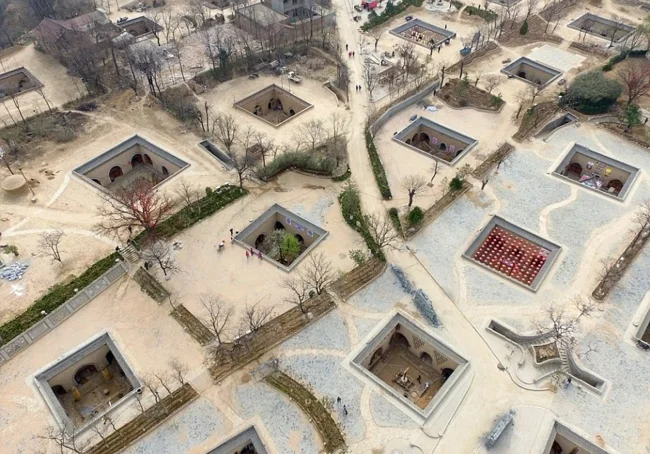
Yaodong or “cave house” is a special form of shelter housing in the ground, common in the Loess Plateau in northern China. Typically, such dwellings are carved into the side of a hill or dug horizontally. Thanks to their special design, the “cave houses” are warm in winter and remain cool in summer. About 40 million people in Northern China live in Yaodong. Many “cave houses” are passed down through generations.
4. High percentage of pollution throughout the country 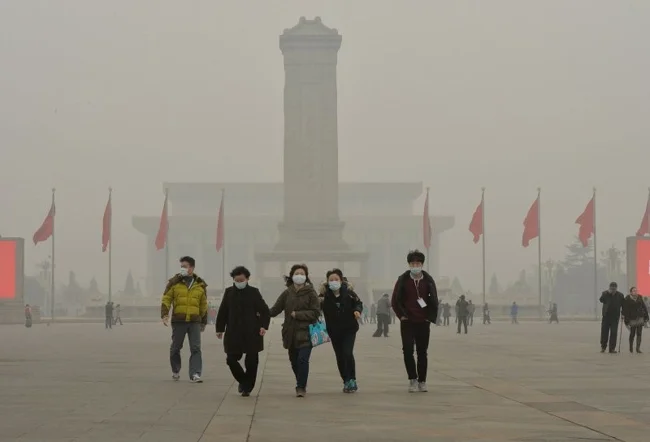
In many megacities of China, especially Beijing, Urumqi, Lanzhou, Chongqing, smog is a common “attribute”. Many Chinese do not go out on the streets without masks. The harm from walking the streets of Beijing without a mask is equivalent to smoking a pack of cigarettes a day.
5. Money as a deity 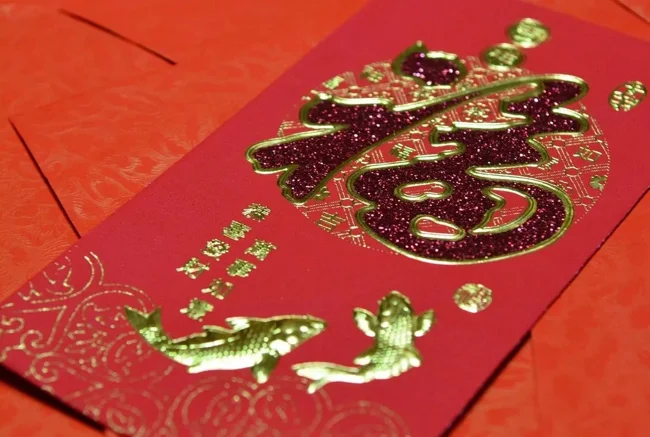
In China, people have a special relationship with money, they respect and honor it as a god. That is why at any party it is customary to give only money, provided that it will definitely be delivered in a red envelope. If you give someone money without an envelope, he will not accept it. The color red in Chinese culture symbolizes life and prosperity.
6. In China, it is not customary to let people out of the subway car first. 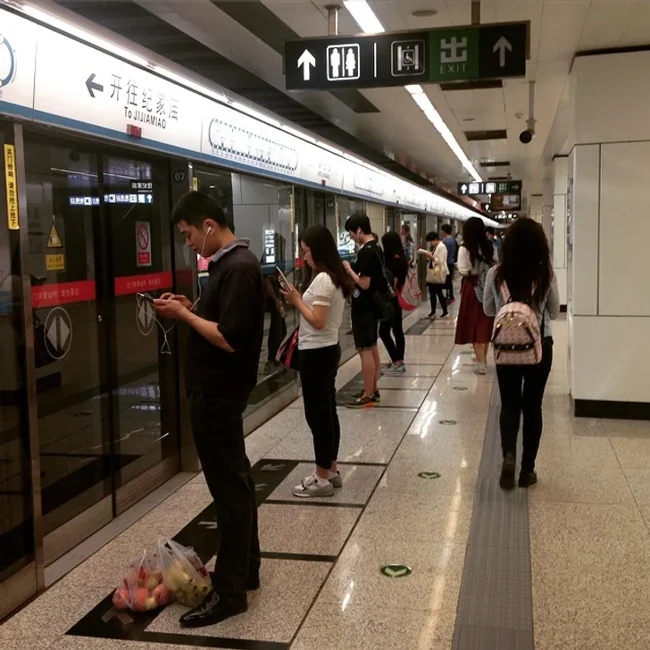
In the Chinese metro, as in any other, during rush hour the queues in front of the cars are too long. But here no one lets anyone through, if you need to get off at this station, you will have to make your way through a huge crowd of people. In general, the Chinese are not particularly friendly, and our etiquette rules are very different from theirs.
7. Lucky number in China 
The number “6” in Chinese means luck, and the combination of three sixes is even more lucky, so these numbers are often used in advertising, on labels and in conversations.
8. Offal is twice as expensive as meat 
There are a lot of unusual products in supermarkets, and we're not just talking about exotic fruits and mysterious sweets, but also chicken legs, heads and other offal. In some countries, these products are purchased for feeding pets. However, the Chinese, on the contrary, eat them. They especially love chicken legs; they are believed to have a lot of collagen, but they do not eat liver and kidneys. This is why some offal products are more expensive than meat in China.
9. Live toads in supermarkets 
Each region of China has its own specific cuisine and dishes. But many Chinese do not drink cow's milk or consume dairy products, as many are lactose intolerant. However, the Chinese can buy turtles or toads in almost any supermarket.
10. The meaning of a word depends on how it is pronounced. 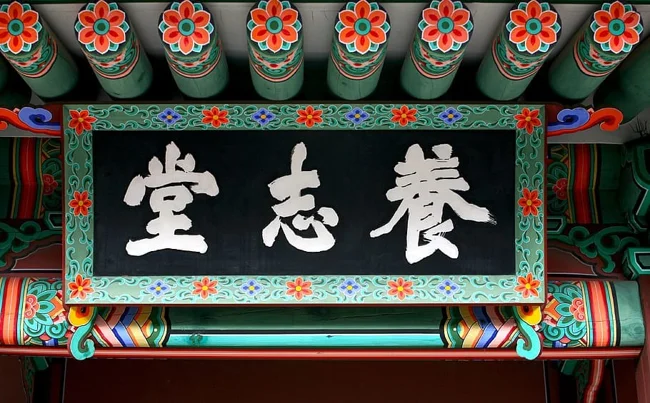
Not only could you write a dissertation on the uniqueness and complexity of the Chinese language, but here is an example that will show you what its main feature is. Chinese is a tonal language, meaning the same word spoken in different tones will have completely different meanings. Here's an example: Shí shì shī shì shī shì, shì shī, shì shí shí shī. The translation goes like this: In a stone lair lived the poet Shi, who loved to eat lions, and he decided to eat ten.
11. Punctuality is not the Chinese's strong point.
The Chinese are often late. The reasons may be different, but they themselves are not particularly concerned about this; moreover, they have a rather philosophical attitude towards time and life.
